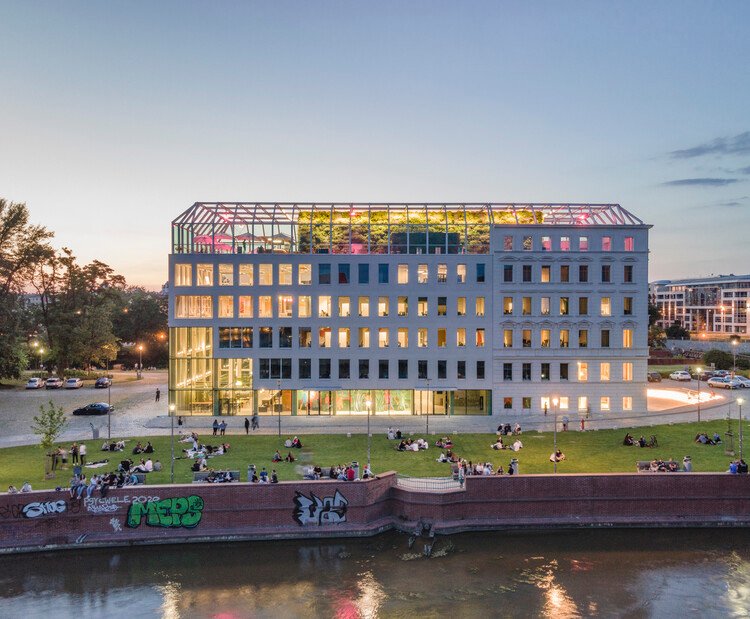The Role of Digital Twin Technology in Urban Planning Visualizations
As our world continues to evolve rapidly, technology has become an integral part of our everyday routines. One such technological advancement that is revolutionizing urban planning is the digital twin technology. This technology does not only streamline the planning process but also enhances the visualization of urban projects, enabling city planners to make effective and informed decisions. In this post, we will delve into the role of digital twin technology in urban planning visualizations.
Understanding Digital Twin Technology
Digital Twin technology refers to the virtual replication of physical entities or systems that allows for data analysis and system monitoring in real-time. The “twins” serve as a bridge between the physical and digital worlds, mirroring their counterparts in reality, which leads to numerous benefits in urban planning.
How Does Digital Twin Technology Work?
At its core, digital twin technology involves building a digital replica of physical assets, processes, systems, or places. These digital replicas or ‘twins’ are then used to run simulations to predict how a physical object or system will perform under certain conditions. This is done by collecting real-time data using sensors and applying advanced analytics and machine learning algorithms to understand and predict performance trends.
The Components of Digital Twin Technology
There are three main components of digital twin technology: the physical item in the real world, its digital twin in the virtual world, and the data that connects the two. This connection allows for the real-time tracking and monitoring of the physical object, providing a comprehensive view of its past performance, present condition, and future prospects.
Understanding Digital Twin Technology
What is Digital Twin Technology?
Digital Twin Technology is a digital replica of physical assets, processes, systems, or places. It serves as a bridge between the physical and digital world, allowing us to analyze data and monitor systems to head off problems before they occur, prevent downtime, develop new opportunities, and even plan for the future using simulations.
How Does Digital Twin Technology Work?
Digital Twin Technology uses real-time data, machine learning, artificial intelligence, and software analytics to create a digital model of a physical object or system. The digital twin can then be used to run simulations, predict outcomes, and optimize systems and processes, without having to make changes to the physical object or system itself.
The Role of Digital Twin Technology in Urban Planning
Revolutionizing Urban Planning with Digital Twins
Digital Twin Technology brings about an extensive array of benefits in the field of urban planning. It allows for a comprehensive understanding of urban systems and their interdependencies, thus providing a platform for more efficient decision-making. Digital twins can simulate how changes in one system, like transportation, might affect another, such as air quality, providing invaluable insight for urban planners.
Visualization of Future Scenarios
One of the most significant advantages of Digital Twin Technology in urban planning is the ability to visualize future scenarios. Digital twins can simulate and visualize different urban planning proposals before they are implemented, allowing for adjustments and optimization. This not only saves time and resources but also allows for the consideration of all potential impacts of a plan.
Case Studies of Digital Twin Technology in Urban Planning
Singapore’s Virtual Singapore Project
One impressive example of Digital Twin Technology in urban planning is Singapore’s Virtual Singapore project. It’s a dynamic, 3D semantic, and visual platform that enables users to develop sophisticated city planning solutions. It allows planners to simulate and visualize scenarios related to crowd behavior, disaster evacuation, and the flow of traffic, among other things.
Newcastle’s Digital Twin Initiative
Another example is the city of Newcastle in the UK, which has developed a digital twin to help manage and predict energy consumption. The digital twin aggregates data from various sources to create a virtual model of the city, which can then be used to run simulations and test different energy management strategies. This has not only improved efficiency but also helped the city in its goal of becoming carbon neutral.
Through these examples, we can see the transformative potential of Digital Twin Technology in urban planning. Its ability to simulate and visualize complex systems and scenarios is making it an invaluable tool for cities around the world.In conclusion, the role of Digital Twin Technology in urban planning visualizations cannot be overstated. It offers an unparalleled ability to create accurate, dynamic models of urban spaces, allowing planners, architects, and stakeholders to analyze, simulate and visualize various scenarios. This technology provides an invaluable tool in the quest to design sustainable, efficient, and livable cities. As technology continues to evolve, the use of digital twins in urban planning is likely to become even more sophisticated and integral. Embracing this technology could pave the way for more efficient and effective urban planning, eventually leading to smarter, more sustainable cities in the future.






